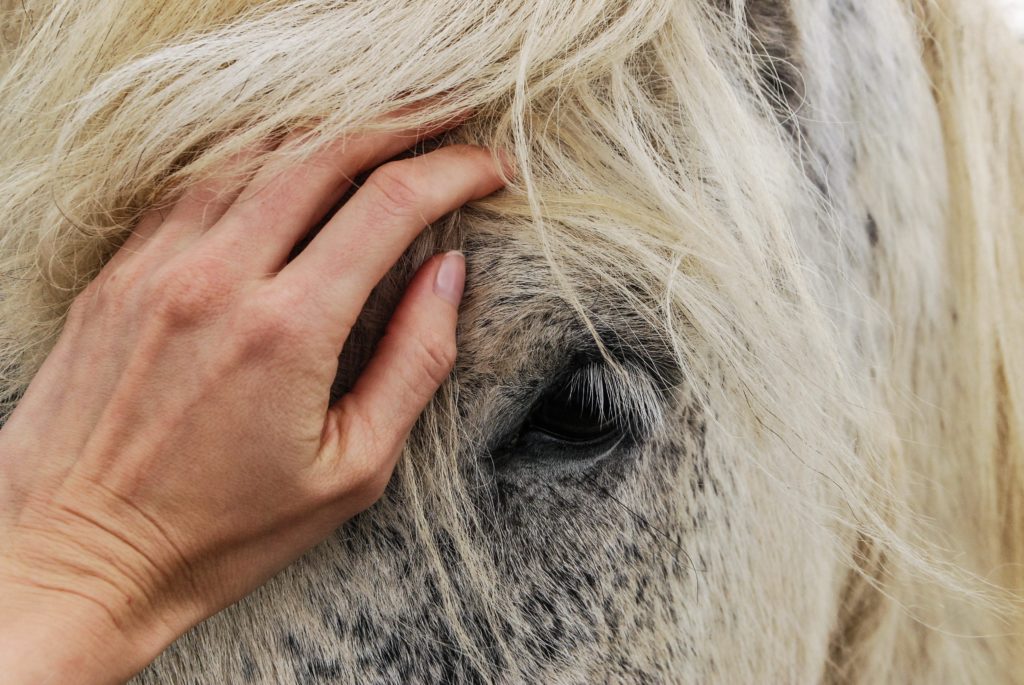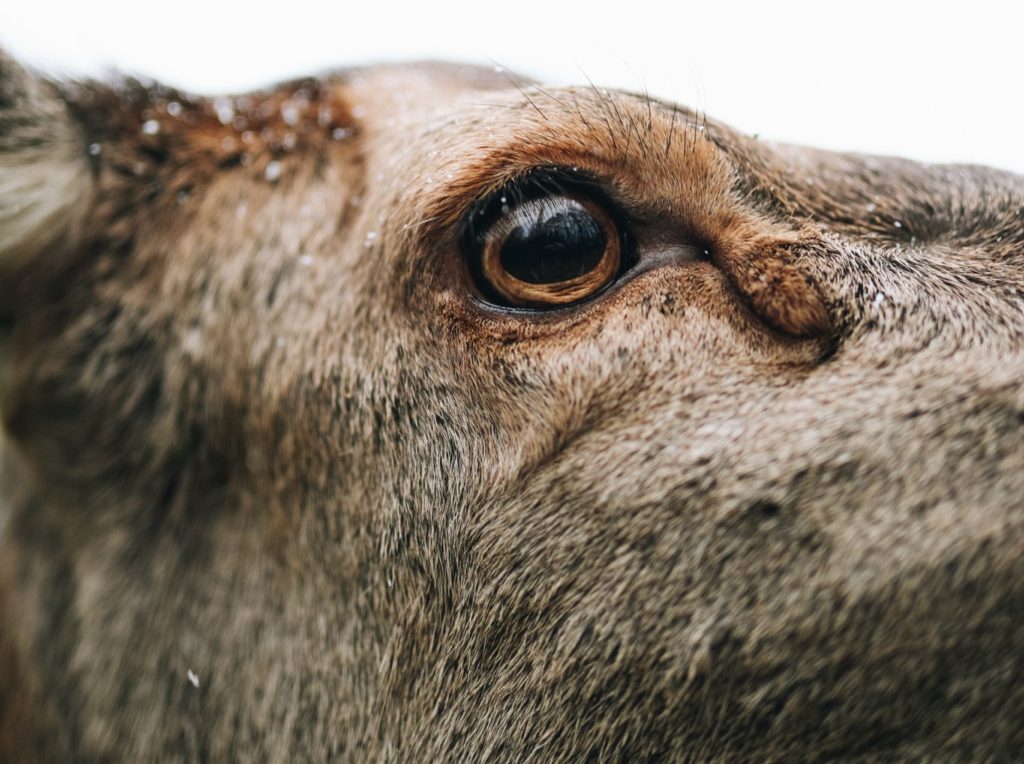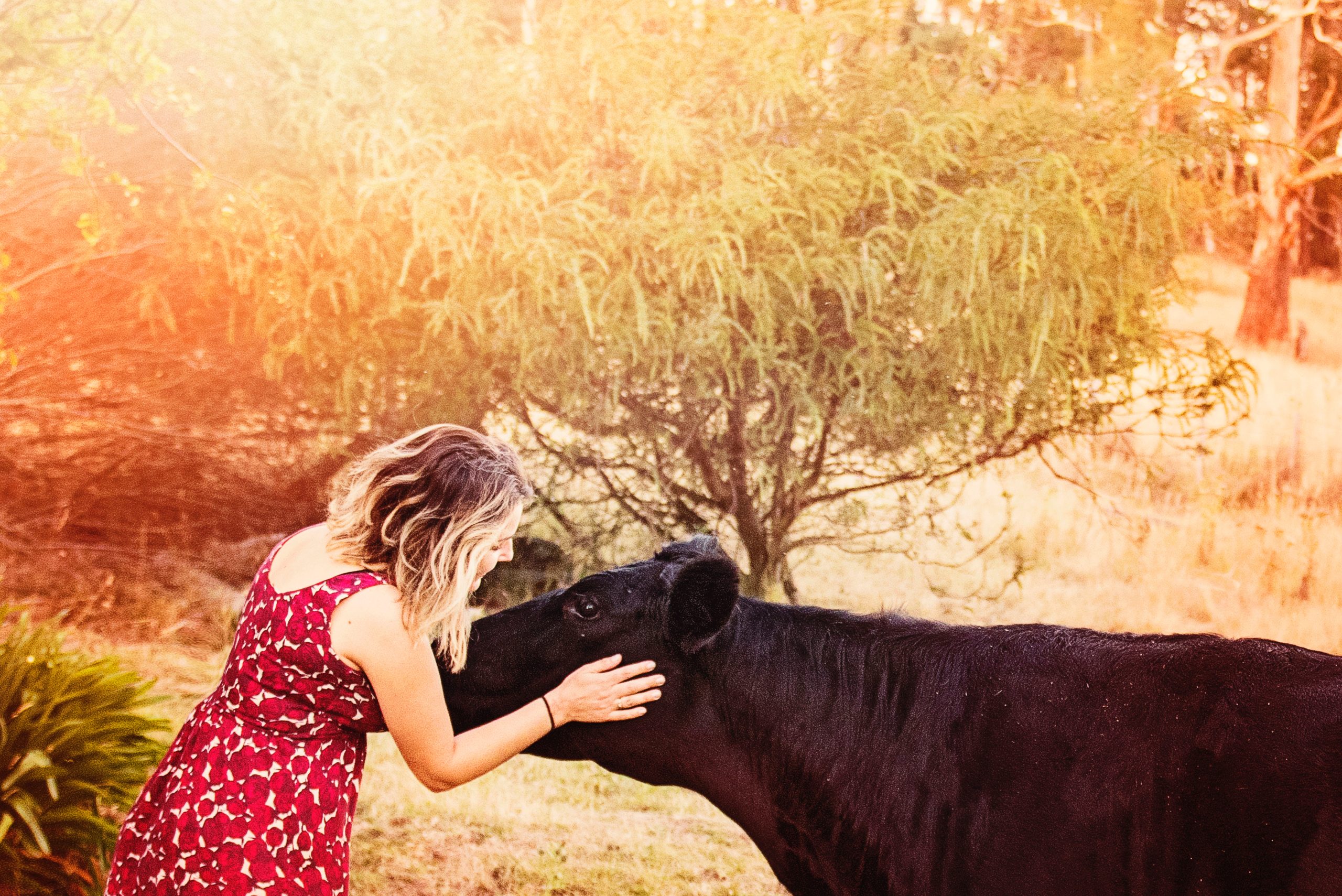Groundbreaking UN Resolution Connects Animal Welfare And Environmental Sustainability For The First Time
4 Mins Read
The United Nations Environment Assembly has adopted a resolution linking animal welfare to sustainability for the first time. The Animal Welfare – Environment – Sustainable Development Nexus resolution was accepted earlier this month after being sponsored by seven member states. The move is seen as historic and, potentially, a catalyst for widespread governmental action to protect animals and, by proxy, the environment.
Burkina Faso, the Democratic Republic of Congo, Ethiopia, Ghana, Pakistan, Senegal and South Sudan are all calling for a joint report to be issued, illustrating the link between animal welfare and sustainability. The seven resolution-sponsoring states expect the World Health Organization, Food and Agriculture Organization and World Organization for Animal Health to participate.

Generating momentum for action
The UN General Assembly has previously mentioned the importance of unilateral protection of all living species. The Sustainable Development Agenda cites a desire to create a world where “humanity lives in harmony with nature and in which wildlife and other living species are protected”. However, observers have commented that actionable policies to make this a reality have been lacking. As a result, biodiversity loss, species extinction and a reduction in environmental health have all been identified. The new resolution is being heralded as a potential driver for impactful, actual change and animal equality.
“We are proud of this watershed moment for the animal protection movement,” James Yeates, CEO at the World Federation for Animals, said in a statement. “It is a massive collective success for our members and partners and proves the impact of a worldwide coalition of animal NGOs. A holistic understanding of the links between animal suffering and environmental harm, and greater inter-agency collaboration with shared aims are critical stepping-stones for improving the well-being of animals across the globe.”
The nexus itself acknowledges a number of critical factors. Animal welfare as a contributor to addressing ‘environmental challenges’ is key, alongside the admittance that there is a ‘strong body of science’ supporting the claim. Most progressive is the inclusion that “the health and welfare of animals, sustainable development and the environment are connected to human health and well-being”. This has led to calls for animal welfare to be more formally included in the ’One Health’ global initiative.
Voices for animals
The African Union Interafrican Bureau for Animal Resources (AU-IBAR), Africa Network for Animal Welfare (ANAW) and the World Federation for Animals (WFA) worked together to raise awareness about the new resolution. Help came from various other animal welfare organisations across the globe, in addition to environmental lobbyists. The multidisciplinary approach aligns neatly with the One Health initiative that champions collaborative efforts for maximum personal and planetary resilience.
“Today, the world’s highest-level decision-making body on the environment acknowledged the strong body of science supporting animal welfare and its contribution to the achievement of the Sustainable Development Goals,” Josphat Ngonyo, founder of ANAW said in a statement. “Today is a historic day. We took a big step forward to better protect humans, animals, and the planet. And we showed how we are better together.”

Ongoing struggles for animal welfare
Despite the positive resolution outcome, animal welfare standards remain less than ideal. Earlier this month it was revealed that EU farmers are struggling to reconcile their livelihoods with cruel practices. A growing number appear to be open to a future of cultivated meat, in order to circumnavigate distasteful practices within their sector.
Last year, African animal rights organisations made a public and vocal request for more support. Funding, research and strategic partnerships all remain lacking, causing the welfare movement to lose momentum. Government bureaucracy was cited as a hindrance to progress as well, hence the optimism that the new resolution will cut through red tape.
On a commercial level, companies are seeking to contribute to animal welfare awareness by offering alternatives to meat products. Activist-founded VFC is one of the most prolific. The UK brand was launched by Veganuary’s Matthew Glover and chef Adam Lyons in response to the horrific conditions farmed chickens are subjected to. Following an undercover visit to a poultry unit, the two decided to “stick it to the Colonel” by developing a cruelty-free substitute for fried chicken. The brand has just launched in the U.S., where it hopes to make a significant dent in conventional chicken product profits.





